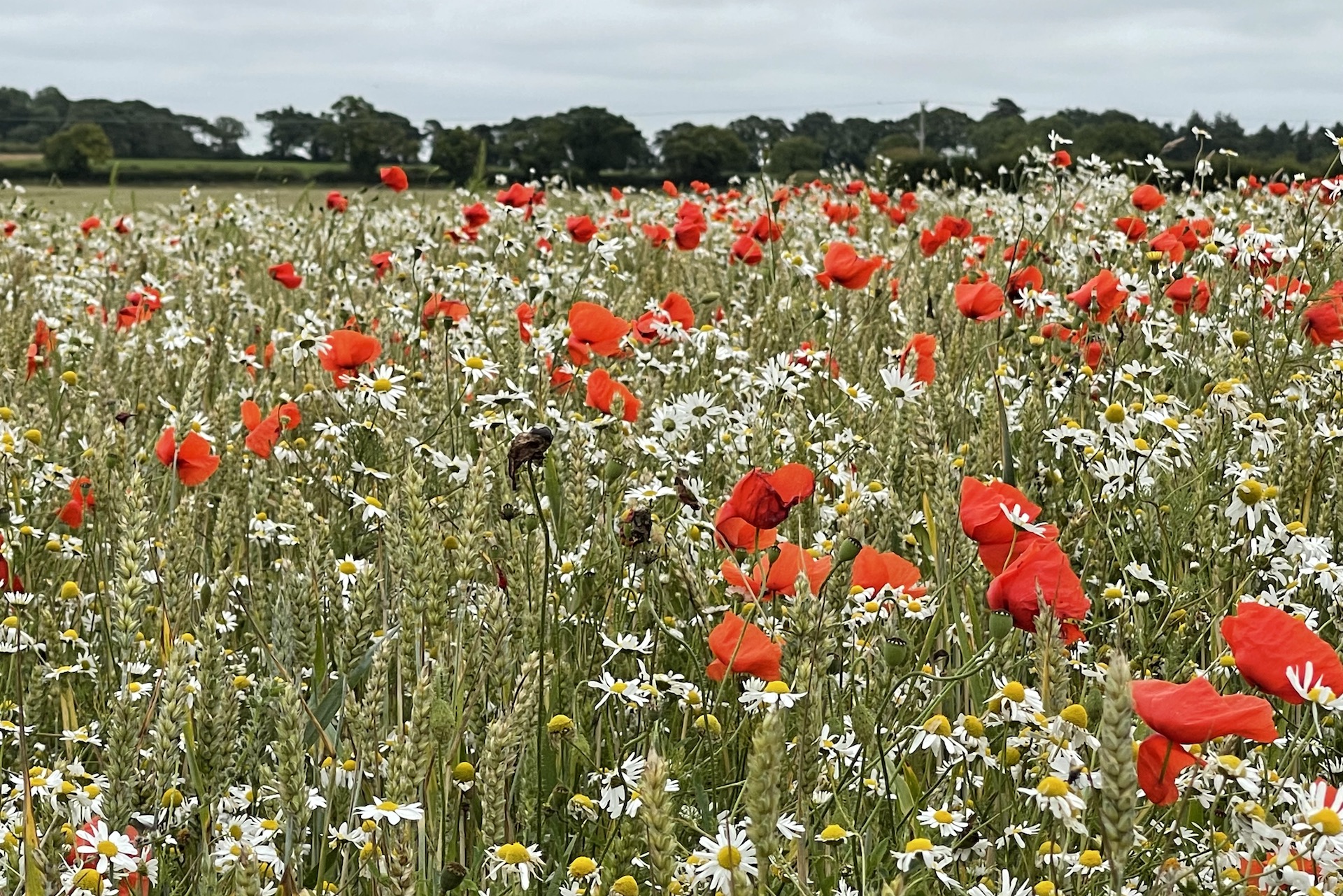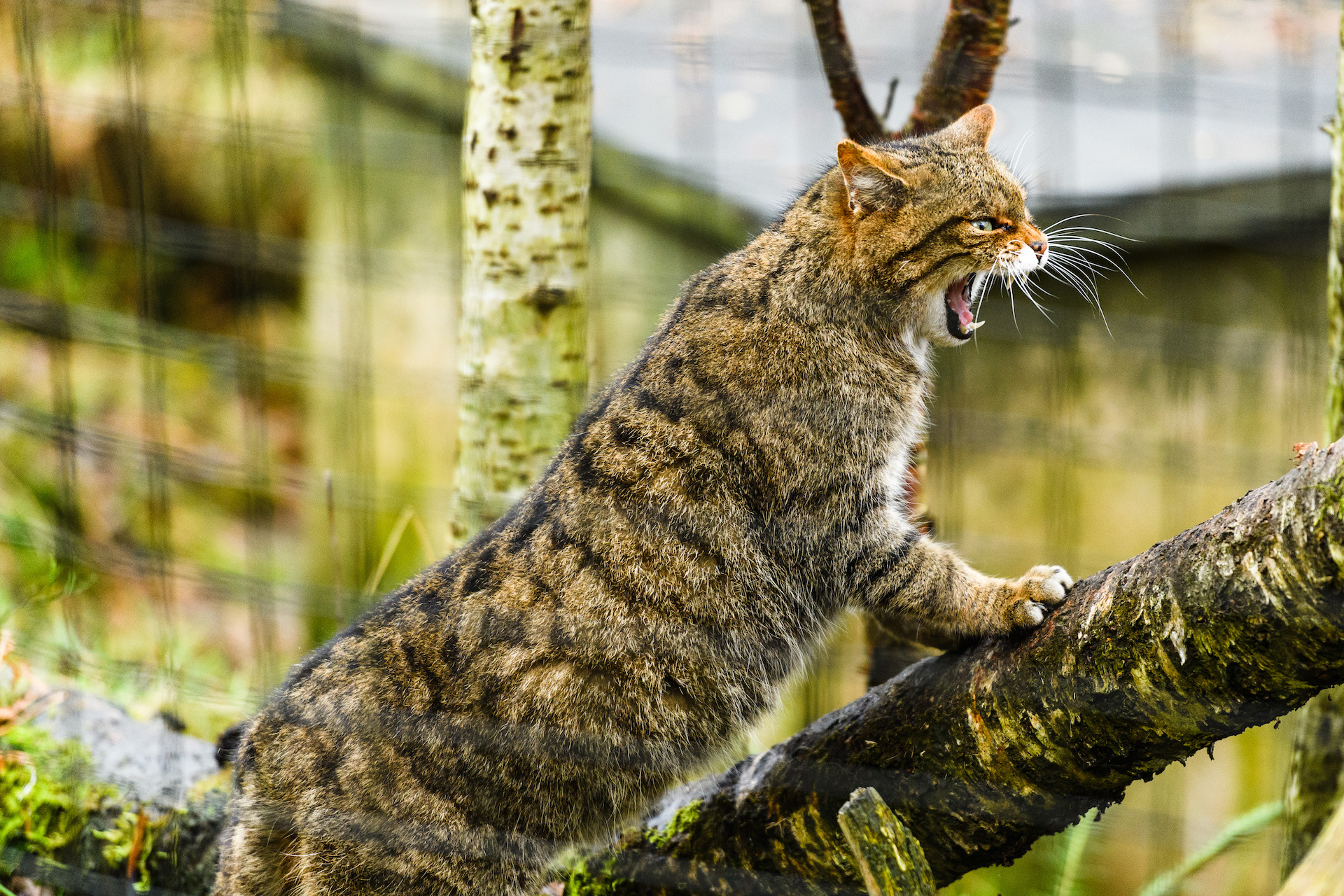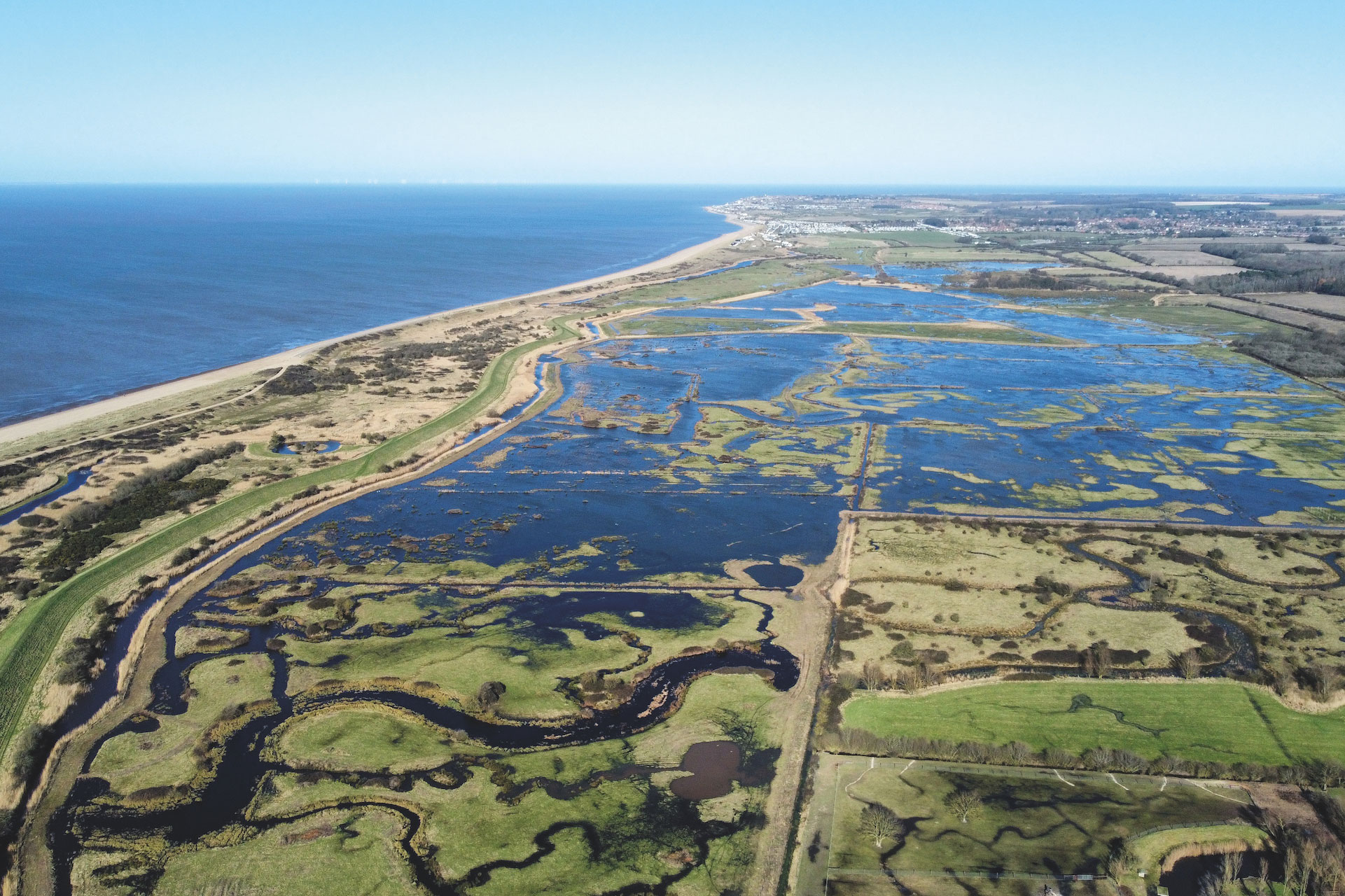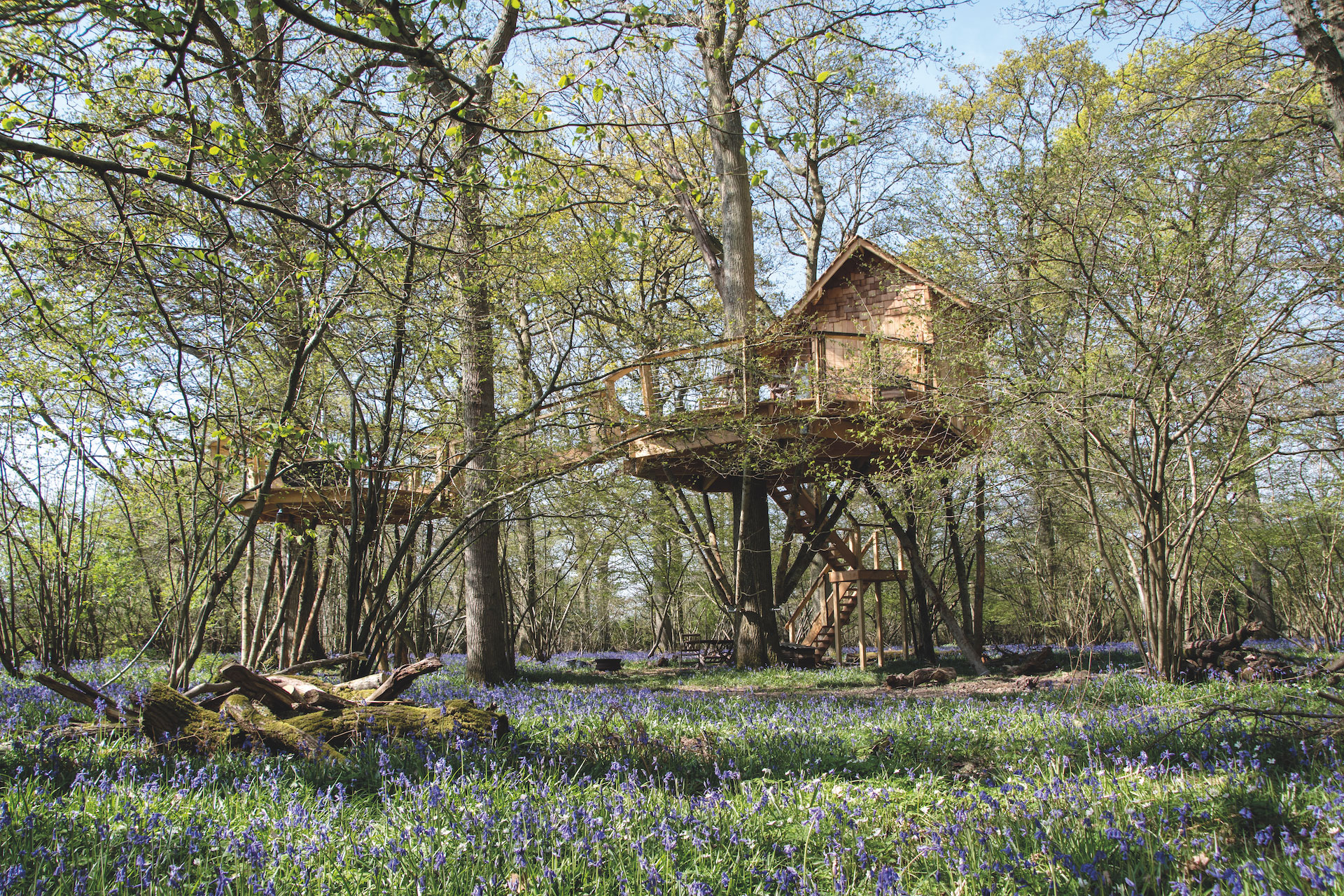The Positive Disruptor: National Food Sufficiency
By
3 years ago
It's time to value what we eat and who grows it more

It’s time for national food sufficiency – that also restores nature, says C&TH’s conservation columnist, James Wallace.
National Food Sufficiency

A wildcat at Alladale in Scotland
Picture this: red deer stags strutting in heat-shimmering savannah; purple emperor butterflies flitting once-a-hedgerow treetops; dragonfly dragoons skimming lily-clad, trout-packed swamps. Now add a soundtrack of cooing turtle doves, clacking bills of circling white storks and the plop of decades-silent marsh frogs.
This is no far-flung land but 3,500 acres of West Sussex beneath the Gatwick holding stack where, I wager, a Knepp Wildland safari would awaken primal longings in any British soul. Having stopped ploughing their uneconomic clay 20 years ago, Isabella Tree and Charlie Burrell exemplify wilder farming that pays the bills, restores nature, provides food and thrills visitors. Their relative postage stamp hosts more ‘bioabundance’ per summer stroll than most sheep-mown National Parks.
Call it nature restoration, regenerative agriculture or even rewilding, it’s an example of how we can reverse our catastrophic loss of wildlife and soils, secure food and water and grow natural climate resilience.
In Norfolk, at Wild Ken Hill, Dominic Buscall and estate director, Nick Padwick’s version of ‘agroecology’ is another revelation. Innovative low-impact no-till, perennial intercropping (the cultivation of two or more crops simultaneously on the same field) and woodland pasture produce high food yields and form wildlife habitats without chemical inputs, all while storing soil carbon and creating hedgerows, wildflower meadows and wetlands buzzing with life. Income from the estate’s marginal land has grown thanks to advice from Natural England. Guided tours are offered with friendly wildlife experts including the estate’s gamekeeper-turned-ranger. Over 1,000 people booked guided tours at £35 in 2021, with 2022 looking like it will be even busier.

Wild Ken Hill in Norfolk
This transition reconnects people with nature and each other, rejecting fortress conservation – no more ‘get-off-my-land’. Rewilding Britain reported nature-based economies on 53,175 hectares in England increased jobs by 54 per cent through rewilding and wilder farming in just 10 years.
The government seems to get it too. Before leaving Beaver Trust last year, we launched ‘Woodlands for Water’ with the National Trust, Woodland Trust, Rivers Trust and Defra: farm payments for creating river buffer zones giving space to nature. By 2024 similar Environmental Land Management schemes will reward ecosystem services rather than damaging intensive productivity. Following a 42 per cent reduction in public sector funding for nature since 2009, at last, public payment for the public goods we need: clean water, flood alleviation, pollinators and food.
As for the argument that the UK has insufficient land for food and nature, note that over a third of our food is wasted and over two thirds of farmland produces animal protein alone. When did you last see a field growing the fruit, veg, nuts and seeds that feed us? Possibly on safari in Kenya or sipping sangria in Spain. It’s time for national food self-sufficiency, and to value what we eat and who grows it more. Even Jeremy Clarkson’s doing it.
Think Differently, Act Now

A treehouse at Knepp Wildland in West Sussex
Take a walk on the wilder side for a more sustainable way of life
Visit… Alladale’s wild cats and golden eagles, run by The European Nature Trust. alladale.com
Rewild the land… Join the Rewilding Britain network. rewildingbritain.org.uk
Safari camp… Take a wild tour and sleep in the trees at Knepp Wildland. kneppsafaris.co.uk
Grow your own… Learn from Tolly at Tolhurst Organic how to grow green. tolhurstorganic.co.uk
Enjoy… A nature-friendly bite and bed at Helen Browning’s Royal Oak Pub with rooms and organic farm.
helenbrowningsorganic.co.uk
Read… The inspiring Wilding by Isabella Tree (£9.99, Pan Macmillan)
READ MORE
The Positive Disruptor: Learning From Nature / The Positive Disruptor: Tangible Solutions to Our Climate Crisis



